

Articles
How Much Do HVAC Contractors Make
Modified: January 9, 2024
Discover the average earnings of HVAC contractors in our informative articles. Gain insights into the pay scale and factors that impact their income.
(Many of the links in this article redirect to a specific reviewed product. Your purchase of these products through affiliate links helps to generate commission for Storables.com, at no extra cost. Learn more)
Introduction
When it comes to the heating, ventilation, and air conditioning (HVAC) industry, HVAC contractors play a vital role in ensuring that our homes, offices, and commercial spaces are comfortable and have optimal indoor air quality. Apart from the satisfaction of providing a fundamental service, many people are also attracted to the field because of the potential for a lucrative career. In this article, we’ll explore the factors that influence HVAC contractor salaries and uncover just how much these professionals can expect to earn.
While there is no definitive answer to the question of how much HVAC contractors make, as salaries can vary depending on a range of factors, we will examine the key elements that impact earnings within the industry. From education and certification to experience and specialization, several factors can determine an HVAC contractor’s salary potential.
Before we delve into the specifics, it’s important to note that HVAC contractors often work as self-employed individuals or as part of small businesses. This means that their earnings can fluctuate based on the volume of work they have and the rates they charge. With that in mind, let’s explore the various factors that can influence the salaries of HVAC contractors.
Key Takeaways:
- Education, certification, and specialization significantly impact HVAC contractor salaries. Continuous learning, industry-recognized certifications, and niche specializations can lead to higher earning potential within the dynamic HVAC industry.
- Geographic location, experience, and job type play crucial roles in determining HVAC contractor salaries. Understanding these factors is essential for maximizing earning potential and setting realistic salary expectations within the field.
Read more: How Much Do HVAC Installers Make
Factors Affecting HVAC Contractor Salaries
The salary of an HVAC contractor can be influenced by a variety of factors. Understanding these factors is essential for those considering a career in the field or for individuals looking to maximize their earning potential within the industry. Let’s take a closer look at some of the key factors that can impact an HVAC contractor’s salary:
Education and Certification
Education and certification can greatly impact an HVAC contractor’s earning potential. While a high school diploma is the minimum requirement for entry into the field, receiving formal education from a trade school, technical institute, or community college can provide a competitive edge. Additionally, completing certifications from recognized organizations, such as the North American Technician Excellence (NATE) or the Refrigeration Service Engineers Society (RSES), can showcase expertise and enhance credibility, leading to higher-paying job opportunities.
Geographic Location
The location in which an HVAC contractor operates can heavily influence their salary. Salaries can vary significantly depending on the cost of living in a particular area and the demand for HVAC services. Urban areas or regions with extreme seasonal temperature variations tend to have a higher demand for HVAC services, which can result in increased earning potential for contractors in those locations.
Experience and Skill Level
As with any profession, experience plays a significant role in determining salary. HVAC contractors with more years of experience typically earn higher salaries than those who are just starting out. Moreover, contractors who possess advanced skills, such as expertise in specialized equipment or knowledge of cutting-edge HVAC technologies, may command higher rates due to their unique qualifications.
Read more: How Much Do HVAC Salesman Make
Specialization
Specializing in specific areas of HVAC can also impact a contractor’s earning potential. Some contractors choose to specialize in installation, while others focus on maintenance and repair. Additionally, specialization in niche areas, such as solar HVAC systems or energy-efficient solutions, can lead to higher-paying job opportunities, as these specialized services are often in demand and may require advanced knowledge.
Job Type and Industry
HVAC contractors can work in a variety of settings and industries, which can influence their salaries. Those who work in residential settings may have different earning potential compared to those who work in commercial or industrial environments. Additionally, contractors who specialize in working with large-scale HVAC systems for industries like healthcare or manufacturing may earn higher salaries due to the complexity of the systems they handle.
It’s important to keep in mind that these factors are not mutually exclusive and can often intersect. For example, an experienced HVAC contractor with specialized skills working in a high-demand metropolitan area may earn a higher salary compared to a contractor with similar qualifications in a less populated region.
Now that we understand the various factors that can impact the salaries of HVAC contractors, let’s delve into the average HVAC contractor salaries at different stages of their careers.
Education and Certification
Education and certification play a crucial role in shaping the earning potential of HVAC contractors. While a high school diploma is the minimum educational requirement for entering the field, pursuing additional education and obtaining relevant certifications can significantly enhance career prospects and increase salaries.
Many aspiring HVAC contractors choose to pursue formal education through trade schools, technical institutes, or community colleges. These programs offer comprehensive training in HVAC systems, including coursework in electrical theory, refrigeration principles, heat load calculations, system design, and installation techniques. By completing these programs, individuals can acquire a strong foundation of knowledge and practical skills necessary for success in the field.
In addition to formal education, obtaining industry-recognized certifications can also boost an HVAC contractor’s earning potential. One of the most widely recognized certifications is provided by the North American Technician Excellence (NATE), an organization that validates the expertise and knowledge of HVAC professionals. NATE offers various certifications in areas such as air conditioning, heat pumps, furnace installation, and more. Having NATE certification demonstrates a high level of competency and can increase job prospects and earning potential.
Another respected certification program is offered by the Refrigeration Service Engineers Society (RSES). RSES certifications cover a wide range of topics, including electrical fundamentals, refrigeration system operation, and troubleshooting techniques. Holding RSES certifications can showcase a contractor’s dedication to ongoing education and professional development, setting them apart from their peers and potentially leading to higher-paying job opportunities.
It’s worth noting that continuing education is vital in the HVAC industry. Technology, regulations, and industry best practices are constantly evolving, and HVAC contractors need to stay updated with the latest advancements. By attending workshops, seminars, and training programs, contractors can enhance their knowledge and skills, which can translate into increased earning potential.
In summary, while a high school diploma is the minimum requirement, pursuing formal education from trade schools or community colleges and obtaining industry-recognized certifications can have a significant impact on an HVAC contractor’s earning potential. These educational pursuits provide a solid foundation of knowledge and skills, making contractors more desirable and valuable in the job market. Additionally, staying current with ongoing education and certifications allows contractors to adapt to industry changes and positions them for continued success and higher salaries.
Geographic Location
The geographic location in which an HVAC contractor operates can have a substantial impact on their salary. Salaries can vary significantly from one region to another due to differences in the cost of living, economic conditions, and demand for HVAC services.
Urban areas, particularly those with high populations and a thriving economy, often have a higher demand for HVAC services. This increased demand can lead to more job opportunities and higher salaries for contractors. Additionally, cities with extreme climates, such as areas with scorching summers or frigid winters, often have a significant need for HVAC systems to maintain comfortable indoor environments. Contractors in these regions can command higher rates due to the high demand and specialized services they provide.
On the other hand, rural or less densely populated areas may have lower demand for HVAC services, leading to potentially lower salaries. Contractors in these regions may need to consider factors such as distance to job sites and limited clientele when determining their rates.
Furthermore, the cost of living plays a significant role in determining HVAC contractor salaries. Areas with higher costs of living, such as major metropolitan cities, tend to offer higher salaries to compensate for the increased expenses. Contractors in these areas may need to charge higher rates to cover their costs and maintain profitability.
It’s also important to consider regional economic conditions. Areas with strong economic growth and development may offer more job opportunities and higher salaries for HVAC contractors. Conversely, regions that are experiencing economic downturns or struggling industries may have limited demand for HVAC services, leading to lower salaries.
It’s essential for HVAC contractors to research and consider the specific dynamics of their chosen location. Understanding the local market, competition, and economic factors can help contractors determine their rates effectively. Networking with other professionals in the area and joining local trade organizations can provide valuable insights into the local industry trends and standards.
In summary, the geographic location plays a significant role in determining the salaries of HVAC contractors. Factors such as demand for services, cost of living, and regional economic conditions can vary greatly, resulting in variation in contractor salaries from one region to another. By understanding the local market and considering these factors, HVAC contractors can align their rates with the prevailing market conditions and maximize their earning potential.
Read more: How Much Do Commercial HVAC Technicians Make
Experience and Skill Level
Experience and skill level are crucial factors that significantly impact the earning potential of HVAC contractors. As with many professions, HVAC contractors with more years of experience tend to earn higher salaries compared to those who are just starting out in the industry.
Having extensive experience in the field demonstrates a contractor’s ability to effectively handle various types of HVAC projects and troubleshoot complex issues. Contractors with a proven track record are often sought after by clients who value expertise and reliability, allowing them to charge higher rates for their services.
Furthermore, experience provides contractors with a deeper understanding of different types of HVAC systems, industry trends, and best practices. This knowledge allows experienced contractors to work more efficiently and effectively, ultimately leading to higher customer satisfaction and more repeat business. As a result, their reputation grows, and they can attract higher-paying jobs or work on larger projects.
Aside from experience, the skill level of an HVAC contractor also plays a significant role in determining their salary. Contractors with advanced skills and specialized knowledge often have the ability to command higher rates due to their unique qualifications.
For example, specialized skills could include expertise in working with specific types of HVAC systems, such as rooftop units, geothermal systems, or commercial refrigeration systems. Additionally, contractors who stay up-to-date with the latest advancements in HVAC technology, such as smart home integration or energy-efficient solutions, may position themselves as industry leaders, which can lead to higher-paying job opportunities.
Continuous learning and professional development are essential for HVAC contractors to improve their skill set and stay ahead in the industry. By attending workshops, training programs, and industry conferences, contractors can enhance their knowledge and acquire new skills, further boosting their earning potential.
In summary, experience and skill level are influential factors in determining the salaries of HVAC contractors. Contractors with more experience and advanced skills tend to earn higher salaries due to their expertise, ability to handle complex projects, and the value they bring to clients. Continuous learning and staying abreast of industry trends are vital for contractors to expand their skill set and increase their earning potential.
Specialization
Specialization within the HVAC industry can have a significant impact on an HVAC contractor’s earning potential. By focusing on specific areas or niche services, contractors can differentiate themselves from competitors and command higher rates for their specialized expertise.
Specializing in a particular aspect of HVAC work allows contractors to develop a deep understanding and mastery of that specific area. For instance, a contractor may choose to specialize in installation, maintenance, or repair of HVAC systems. By honing their skills in a specific discipline, contractors can provide high-quality, specialized services that are in demand.
Moreover, specializing in niche areas within HVAC can further enhance earning potential. Some contractors choose to specialize in working with specific types of HVAC systems, such as geothermal units, solar HVAC systems, or commercial refrigeration equipment. These specialized services often require additional training and knowledge, making contractors uniquely qualified to handle these projects.
Another emerging area of specialization within the HVAC industry is energy-efficient solutions. As environmental consciousness grows, many clients are seeking contractors who can offer sustainable and energy-efficient HVAC options. Contractors with expertise in this area can provide recommendations and implement systems that reduce energy consumption and lower utility costs for clients.
Specialization in smart home technologies is also in demand. With the rise of smart home automation, clients are looking for HVAC contractors who can integrate HVAC systems into smart home platforms. Contractors with the skills to install and configure smart thermostats, HVAC zoning systems, and home automation controls can offer a unique service that commands premium rates.
Specializing in specific markets or industries can also impact earning potential. Contractors who focus on serving specific sectors, such as healthcare, hospitality, or industrial facilities, may have opportunities to work on larger projects with higher budgets. These specialized projects often require in-depth knowledge and experience in designing and maintaining HVAC systems that meet the unique requirements of each industry.
In summary, specialization within the HVAC industry can significantly impact earning potential. By focusing on specific aspects of HVAC work, such as installation, repair, or specialized services like energy-efficient solutions or smart home integration, contractors can differentiate themselves and command higher rates. Specializing in niche markets or industries can also open up opportunities for contractors to work on large-scale projects with higher budgets. Continual learning and staying updated with the latest technologies and industry trends are essential for contractors to excel in their chosen specialization and maximize their earning potential.
Job Type and Industry
The type of job and the industry in which an HVAC contractor works can significantly influence their salary. HVAC contractors can find employment in various settings, including residential, commercial, and industrial sectors.
In the residential sector, HVAC contractors primarily work on installing, repairing, and maintaining HVAC systems in homes and apartment buildings. While the residential sector offers a steady stream of work, the salaries may vary depending on the location and the size of the projects. Contractors who work in upscale neighborhoods or with high-end clients may be able to command higher rates due to the higher quality of materials, customizations, and client expectations.
The commercial sector presents unique opportunities for HVAC contractors. They may work on large-scale projects, such as installing HVAC systems in office buildings, retail stores, or hotels. Commercial projects often involve complex systems and may require additional expertise, which can lead to higher-paying job opportunities. Contractors who specialize in commercial HVAC may also benefit from ongoing maintenance and service contracts, ensuring a steady income stream.
The industrial sector employs HVAC contractors for managing HVAC systems in manufacturing plants, warehouses, and other industrial facilities. These environments often require expertise in handling specialized and larger HVAC equipment, such as industrial chillers, ventilation systems, and complex heating systems. The complexity and scale of industrial projects can command higher salaries for contractors with the necessary skills and experience to handle such installations and maintenance.
It’s worth noting that the demand for HVAC services may vary depending on the industry. Some industries, such as healthcare facilities or data centers, have stringent requirements for temperature and air quality control. Contractors serving these specialized industries may be able to charge higher rates due to the critical nature of their services and the need for specialized expertise.
Furthermore, there are opportunities for HVAC contractors in government and public sector projects, including schools, government buildings, and infrastructure development. Government contracts often come with specific regulations and requirements, and contractors who secure these contracts may benefit from higher rates and long-term project stability.
In summary, the job type and industry in which an HVAC contractor works can greatly affect their earning potential. While residential projects offer a steady stream of work, specializations in commercial, industrial, or specialized industries can lead to higher-paying job opportunities. Contractors who excel in specific sectors and are able to handle complex projects can command higher rates due to the unique demands and expertise required in those industries.
Average HVAC Contractor Salaries
While the salary of an HVAC contractor can vary based on factors such as location, experience, specialization, and industry, it’s helpful to understand the average earnings within the field to gauge salary expectations.
According to data from the U.S. Bureau of Labor Statistics (BLS), as of May 2020, the median annual wage for HVAC contractors was $51,420, with the lowest 10 percent earning less than $31,910 and the highest 10 percent earning more than $97,320.
It’s important to note that these figures represent median wages, meaning that half of the HVAC contractors surveyed earned more, and half earned less. The specific salary for an HVAC contractor can vary widely depending on factors such as location, years of experience, education, certifications, and specialization.
In general, HVAC contractors who have been in the industry for a longer time and have accumulated significant experience tend to earn higher salaries. Additionally, contractors who possess advanced certifications and specialize in high-demand areas such as commercial or industrial HVAC systems or energy-efficient solutions often have greater earning potential.
It’s also worth considering that many HVAC contractors operate as self-employed individuals or small business owners. As such, their earnings can fluctuate based on factors such as the volume of work, overhead costs, and the rates they charge for their services. Self-employed contractors often have the potential to earn higher incomes but also bear additional responsibilities such as marketing, estimating, and business management.
Factors such as the geographic location also significantly impact earnings. HVAC contractors working in metropolitan areas or regions with extreme climates may have higher earning potential due to increased demand and higher cost of living.
Overall, while the BLS provides useful data on average salaries, it’s important to remember that individual earnings may vary significantly based on various factors specific to each HVAC contractor’s circumstances.
It’s advisable for individuals considering a career as an HVAC contractor to conduct thorough research and consider the unique factors that influence earnings in their chosen area and specialization. Consulting industry professionals, joining trade organizations, and networking with other contractors can provide valuable insights into earning potential and help set realistic salary expectations within the HVAC industry.
Read more: What Is A HVAC Contractor
Entry-Level Salaries
Entry-level HVAC contractors typically earn lower salaries compared to their more experienced counterparts. The exact salary at the entry level can vary depending on factors such as location, education, and any certifications or specialized training obtained.
According to data from the U.S. Bureau of Labor Statistics (BLS), the lowest 10 percent of HVAC contractors earned less than $31,910 annually as of May 2020. This lower end of the salary range often reflects those who are just starting their careers or those working in regions with lower cost of living.
Typically, entry-level HVAC contractors who have recently completed their education or apprenticeships may start their careers with salaries on the lower end of the spectrum. These individuals are often gaining practical experience and may need additional time to refine their skills and build their reputation within the industry.
However, it’s important to note that the HVAC industry offers ample opportunities for growth and advancement. As entry-level HVAC contractors gain experience and demonstrate their abilities, they can expect to see an increase in their earning potential over time.
Entering the industry with formal education from trade schools or technical institutes can provide a competitive edge and potentially lead to higher starting salaries. Additionally, pursuing industry-recognized certifications, such as those offered by organizations like NATE or RSES, can further enhance a candidate’s marketability and earning potential as they enter the workforce.
Furthermore, entry-level HVAC contractors may have the opportunity to work under the guidance of experienced professionals, allowing them to learn from their expertise and develop their skills more rapidly. This practical experience, combined with continuous learning and dedication, can accelerate their career progression and open doors to higher-paying positions.
It’s important for entry-level HVAC contractors to keep in mind that the industry offers growth potential and various paths for advancement. By continually building their skills, seeking out additional training and certifications, and gaining experience, they can position themselves for salary increases and even higher-level positions within the HVAC field.
In summary, entry-level HVAC contractors typically start with lower salaries, but the field offers ample opportunities for growth and advancement. By continuously building their skills and gaining experience, entry-level HVAC contractors can expect to see an increase in their earning potential as they progress in their careers.
HVAC contractors’ earnings can vary based on factors like location, experience, and specialization. According to the Bureau of Labor Statistics, the median annual wage for HVAC technicians was $50,590 in May 2020. Keep in mind that this figure can fluctuate based on the aforementioned factors.
Mid-Level Salaries
Mid-level HVAC contractors, with a few years of experience under their belts, often see a significant increase in their earning potential compared to entry-level contractors. These professionals have gained a solid foundation of knowledge and practical skills, allowing them to take on more complex projects and work independently with less supervision.
The exact salary range for mid-level HVAC contractors can vary based on factors such as location, industry, specialization, and the level of demand for their services. However, according to data from the U.S. Bureau of Labor Statistics (BLS), the median annual wage for HVAC contractors, regardless of experience level, was $51,420 as of May 2020.
Mid-level contractors typically earn salaries within this range or slightly above it, depending on their qualifications and the specific market conditions. HVAC contractors operating in metropolitan areas or working in high-demand sectors, such as commercial or industrial, may have more opportunities for higher-paying jobs and greater earning potential.
At the mid-level, HVAC contractors have likely gained practical experience across a range of HVAC projects and systems. They have likely honed their skills in areas such as system installations, repairs, and maintenance. These contractors can confidently handle various types of HVAC equipment and possess a strong understanding of industry standards and best practices.
Additionally, mid-level HVAC contractors may have pursued specialized training or obtained industry-recognized certifications to further enhance their expertise. Specializations such as energy-efficient solutions, smart home integration, or commercial HVAC systems can open doors to higher-paying job opportunities that require specialized knowledge and skills.
Mid-level HVAC contractors may also have the opportunity to work independently or start their own businesses, increasing their earning potential. As they build a solid reputation and a reliable client base, they have the flexibility to set their rates and take on larger and more profitable projects.
In summary, mid-level HVAC contractors typically experience significant growth in their earning potential compared to entry-level contractors. With a solid foundation of experience, practical skills, and possibly specialized training or certifications, mid-level contractors are positioned to handle more complex projects and command higher rates. Location, industry demand, and self-employment opportunities can further impact their salaries and overall earning potential.
Senior-Level Salaries
Senior-level HVAC contractors, also known as master or experienced contractors, have accumulated a wealth of knowledge and expertise throughout their careers, making them highly sought after in the industry. With their extensive experience and advanced skill set, they often command higher salaries compared to their peers at the mid-level or entry-level positions.
While senior-level salaries can vary depending on factors such as location, industry, specialization, and the size of the projects they handle, experienced HVAC contractors can earn above-average incomes. According to data from the U.S. Bureau of Labor Statistics (BLS), the highest 10 percent of HVAC contractors earned more than $97,320 annually as of May 2020.
Senior-level HVAC contractors bring a combination of technical knowledge, problem-solving abilities, and industry insight to their work. They have likely encountered a wide range of HVAC systems and projects, allowing them to confidently take on complex installations, repairs, and maintenance tasks.
Experience plays a crucial role in senior-level contractors’ salaries. With their years of experience, they have developed efficient work methods, strong decision-making skills, and a deep understanding of industry regulations and safety standards.
Specializations can further enhance the earning potential of senior-level contractors. Those specializing in areas such as industrial HVAC systems, energy-efficient solutions, or complex commercial installations tend to command higher rates due to their specialized expertise.
Senior-level HVAC contractors may have the opportunity to mentor junior team members, oversee projects, or hold leadership positions within their organizations. These additional responsibilities, alongside their technical expertise, contribute to their higher earning potential.
Some senior-level HVAC contractors may choose to start their own businesses or work as independent contractors. This entrepreneurial route grants them greater control over their earning potential as they set their rates, choose clients, and take on projects that align with their expertise and interests.
It’s worth noting that senior-level contractors often continue to invest in their professional development by attending industry conferences, obtaining advanced certifications, and staying updated with the latest HVAC technologies and trends. These continuous learning opportunities not only enhance their skills but also contribute to their marketability and ability to command higher salaries.
In summary, senior-level HVAC contractors, with years of experience and expertise, have the potential to earn higher salaries compared to their counterparts. Their technical proficiency, problem-solving abilities, and specialized knowledge contribute to their higher market value. Whether working in leadership positions, pursuing niche specializations, or running their own businesses, senior-level contractors have the opportunity to maximize their earning potential within the HVAC industry.
Conclusion
The salaries of HVAC contractors can vary widely depending on several factors, including education, certification, geographic location, experience, specialization, job type, and industry. Understanding these factors is crucial for those considering a career in the HVAC industry or aiming to maximize their earning potential within it.
Education and certification can greatly impact an HVAC contractor’s salary. Formal education from trade schools or technical institutes, along with industry-recognized certifications like NATE or RSES, can enhance a contractor’s marketability and lead to higher-paying job opportunities.
The geographic location in which an HVAC contractor operates also plays a significant role in salary determination. Urban areas with high demand and a higher cost of living may offer increased earning potential compared to rural regions with lower demand.
Experience and skill level are crucial factors in shaping an HVAC contractor’s salary trajectory. As contractors gain more experience, their earning potential tends to increase. Specialized skills and knowledge in areas like commercial systems, energy-efficient solutions, or smart home technologies can further boost earning potential.
Specialization within the HVAC industry provides opportunities for contractors to differentiate themselves and command higher rates. Focusing on specific areas like installation, maintenance, or specialized services allows contractors to cater to specific client needs and industry demands.
Job type and industry can significantly influence an HVAC contractor’s earning potential. Working in commercial, industrial, or specialized industries may lead to higher-paying job opportunities due to the complexity of projects and specialized knowledge required.
While specific salary figures may vary, the average salary for HVAC contractors, according to the U.S. Bureau of Labor Statistics, was $51,420 as of May 2020. However, it’s essential to recognize that salaries can vary based on individual factors and market conditions.
Entry-level HVAC contractors typically start at lower salaries, but opportunities for growth and advancement are abundant. As contractors gain experience, develop their skills, and specialize in niche areas, their earning potential rises.
Senior-level HVAC contractors who have accumulated years of experience and expertise can command higher salaries due to their skill set, industry knowledge, and specialization. They often have the flexibility to choose their projects, set their rates, and take on leadership roles.
In conclusion, salaries for HVAC contractors can range widely based on factors such as education, location, experience, specialization, and industry. It’s crucial for individuals considering a career in the HVAC industry to research and evaluate these factors to set realistic salary expectations and maximize their earning potential within this dynamic and rewarding field.
Frequently Asked Questions about How Much Do HVAC Contractors Make
Was this page helpful?
At Storables.com, we guarantee accurate and reliable information. Our content, validated by Expert Board Contributors, is crafted following stringent Editorial Policies. We're committed to providing you with well-researched, expert-backed insights for all your informational needs.
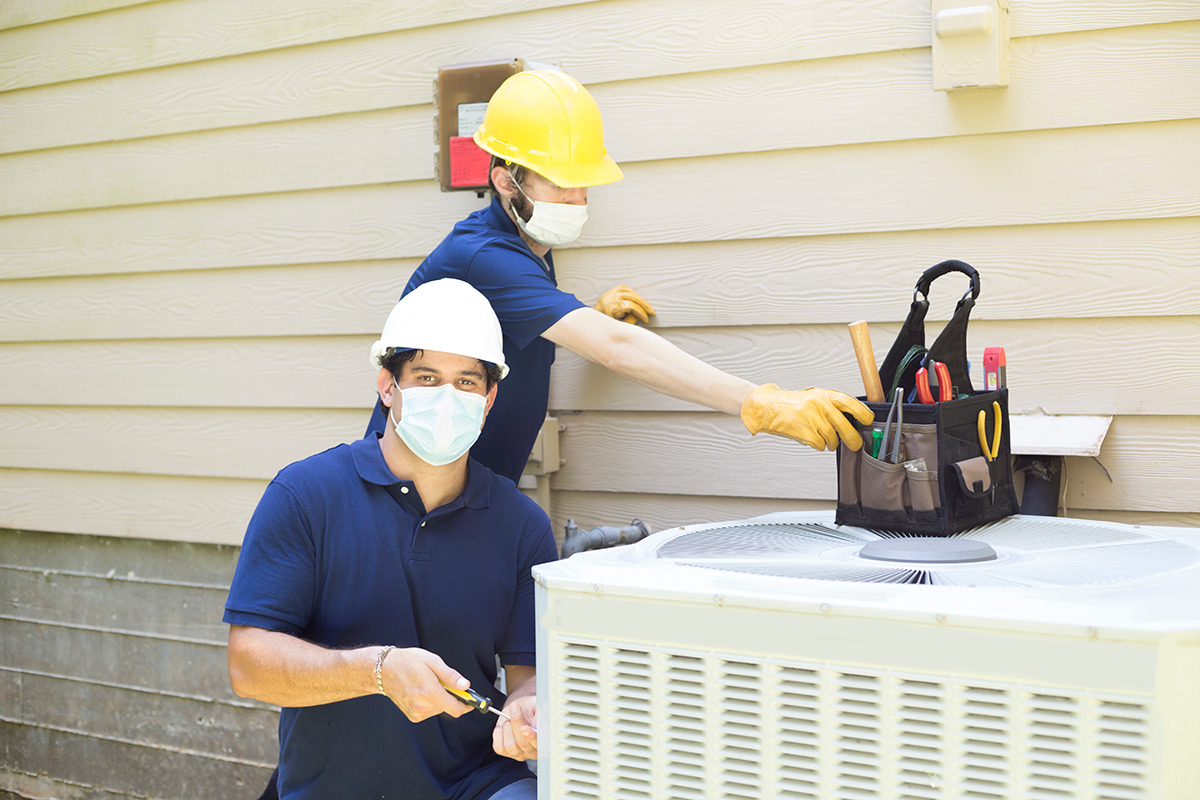
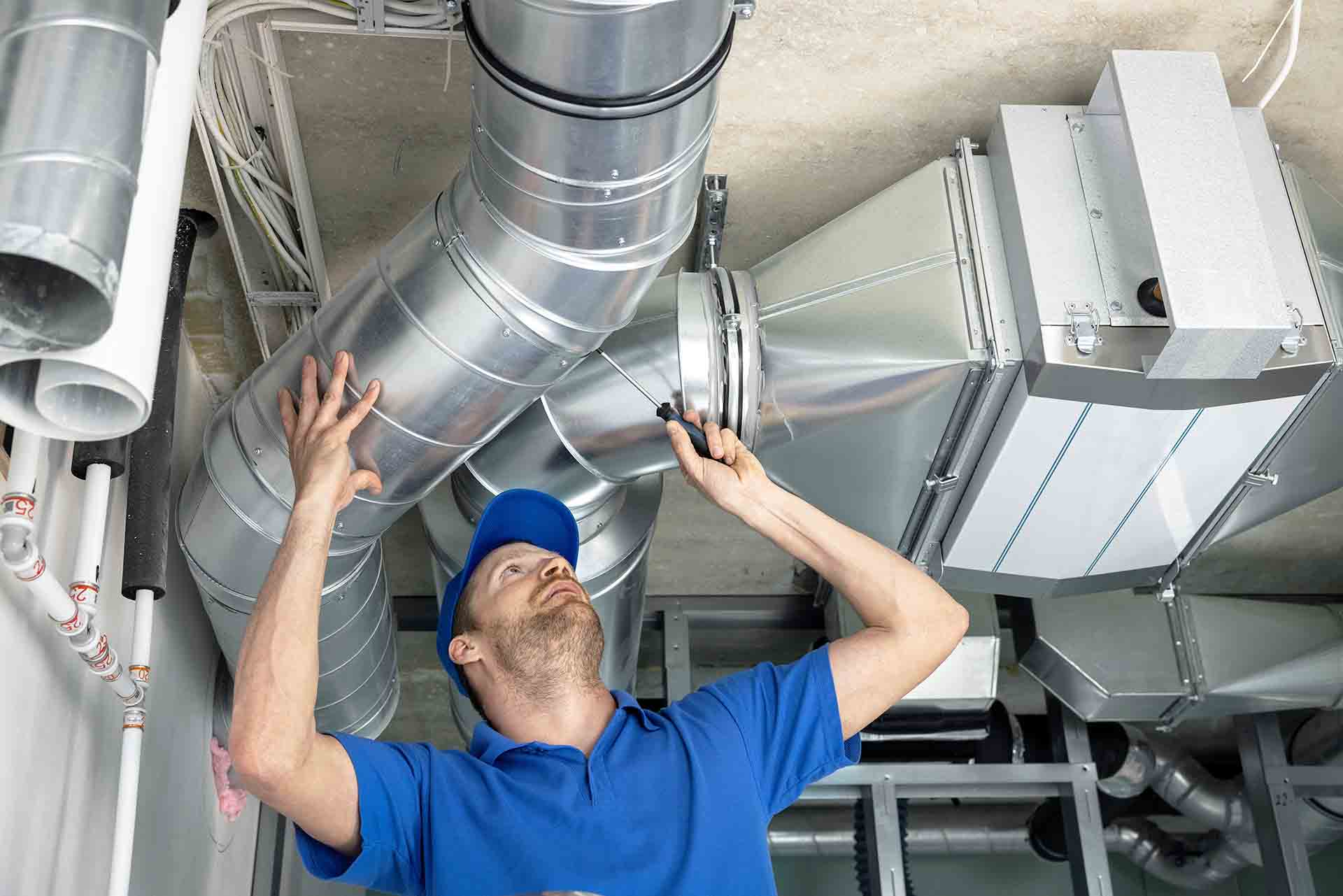

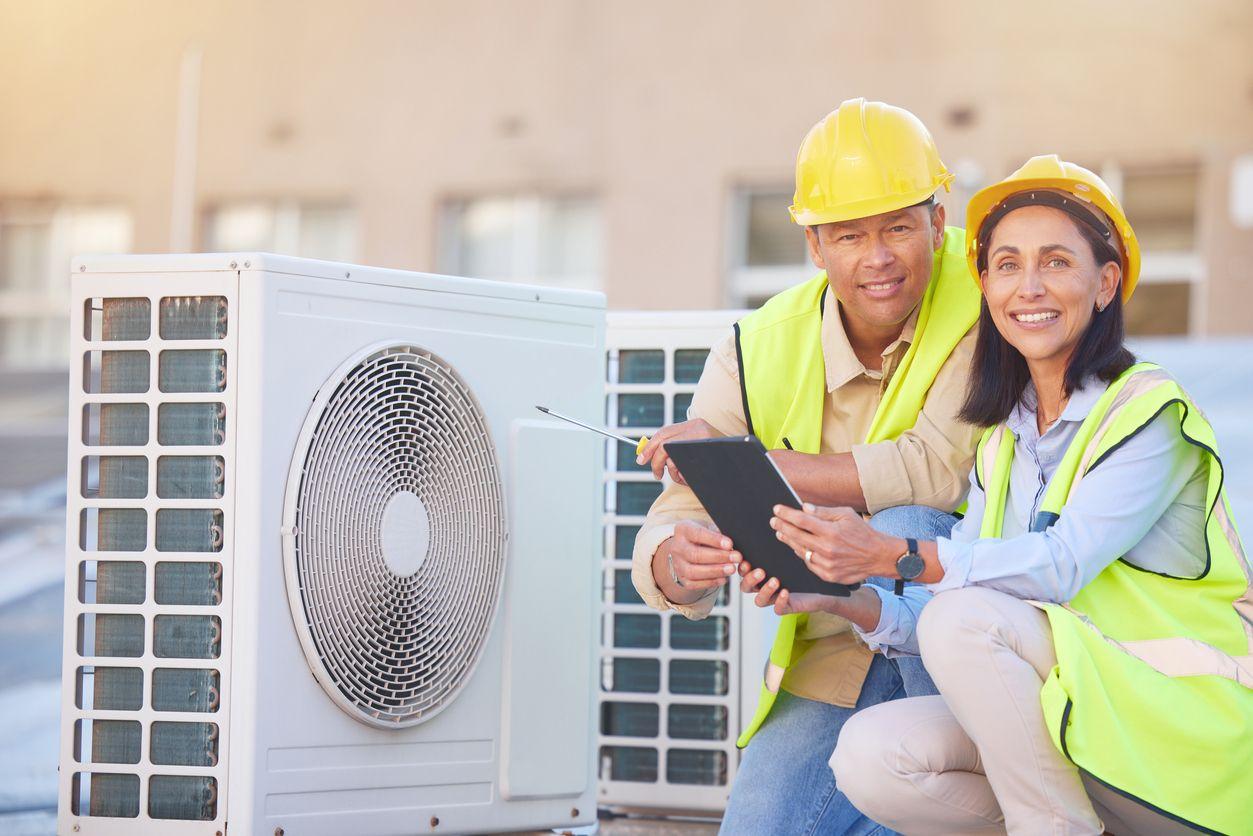

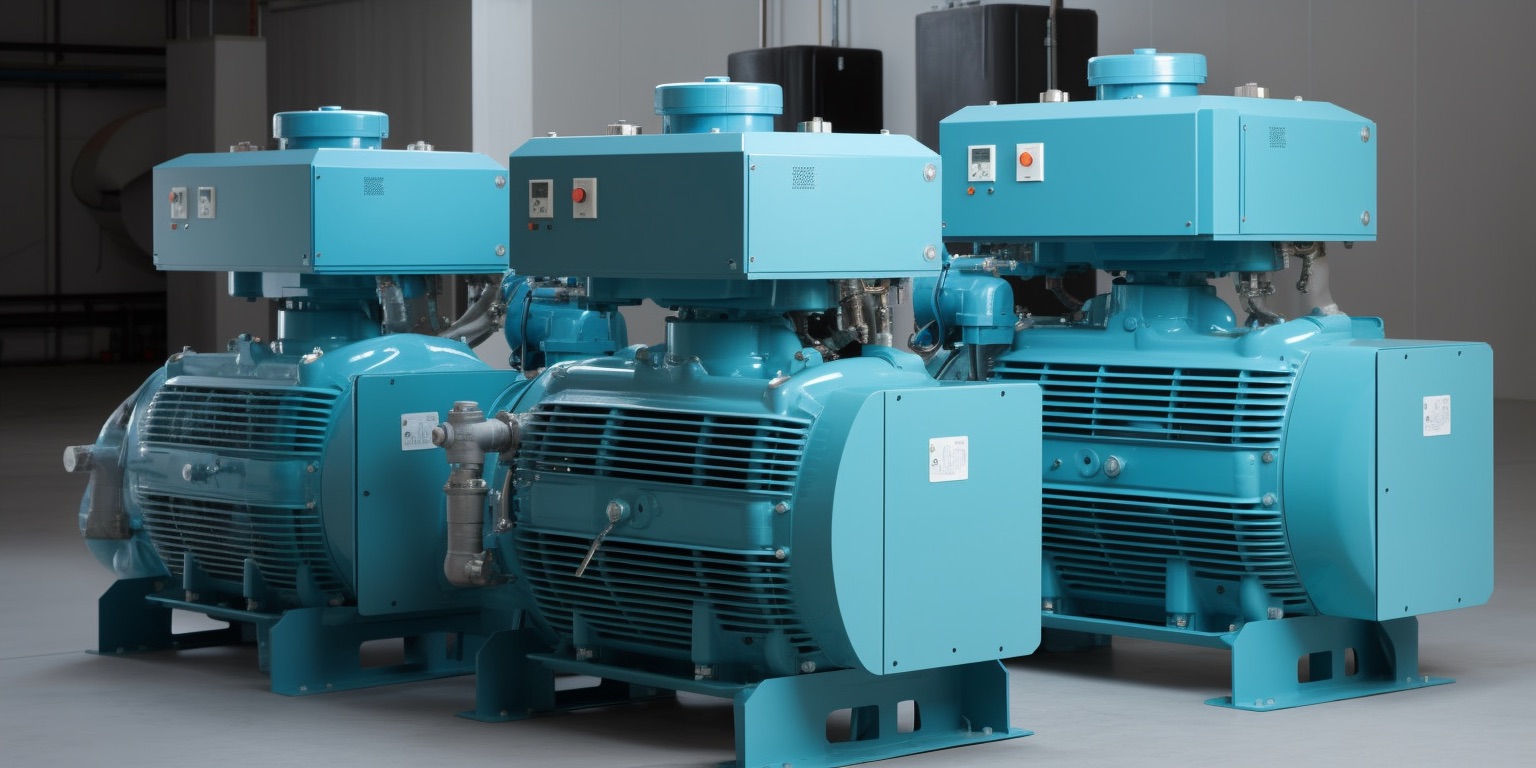
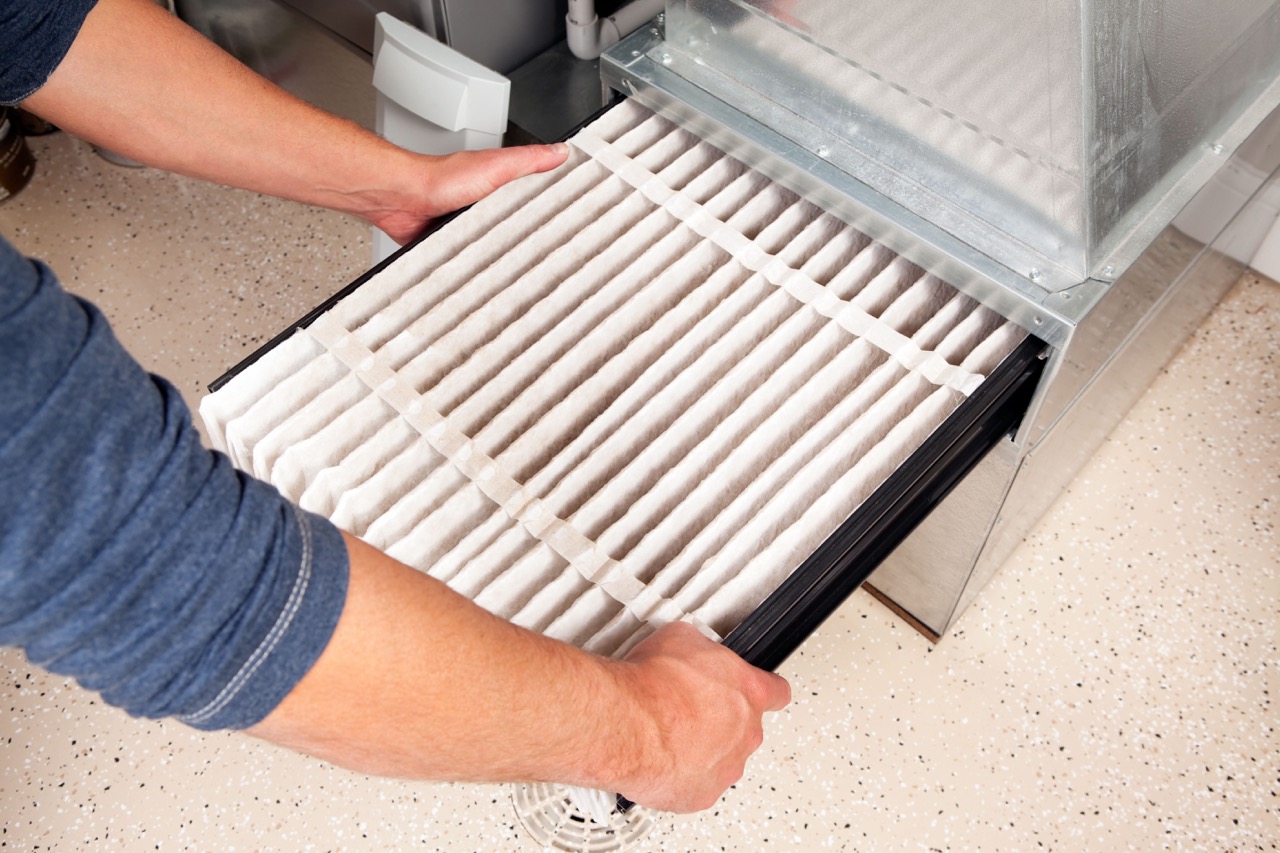
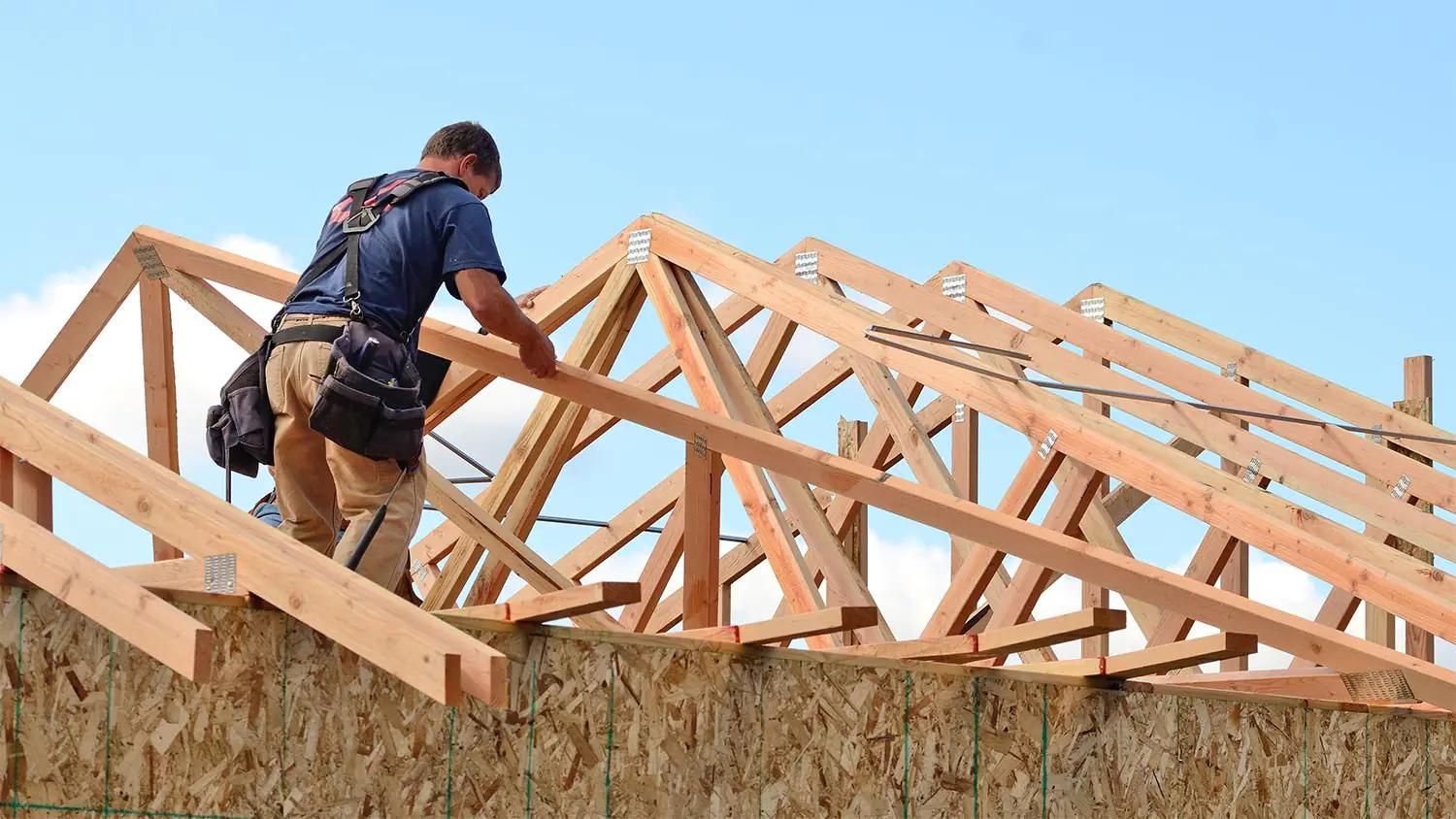





0 thoughts on “How Much Do HVAC Contractors Make”